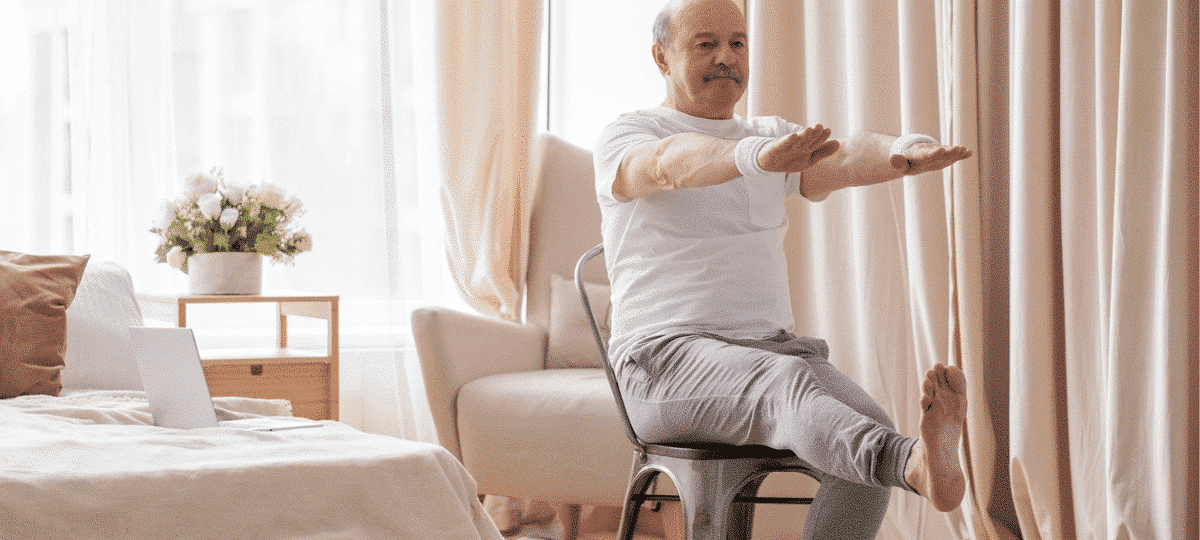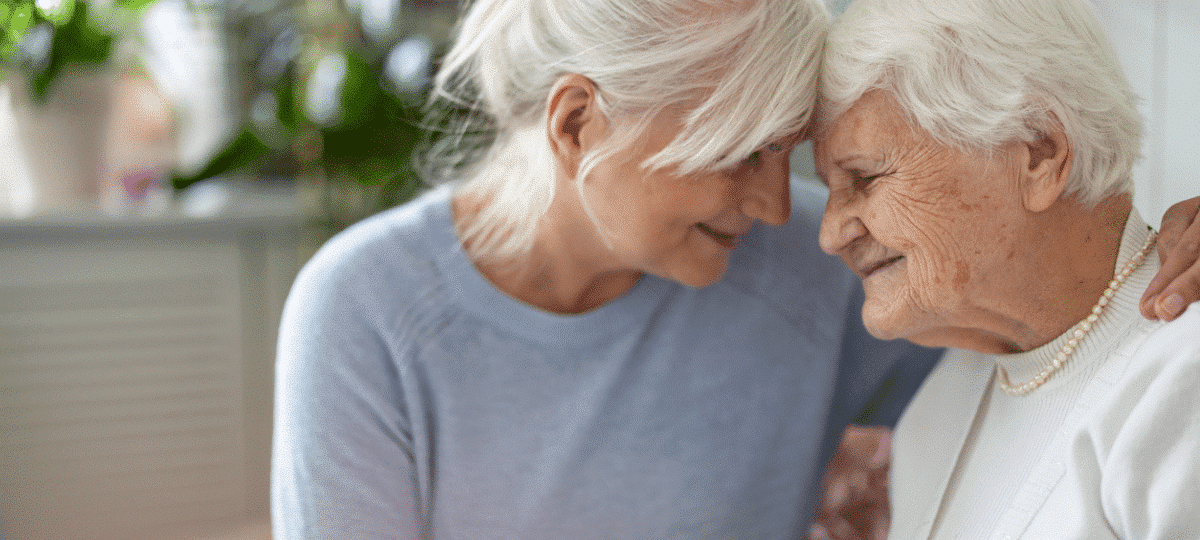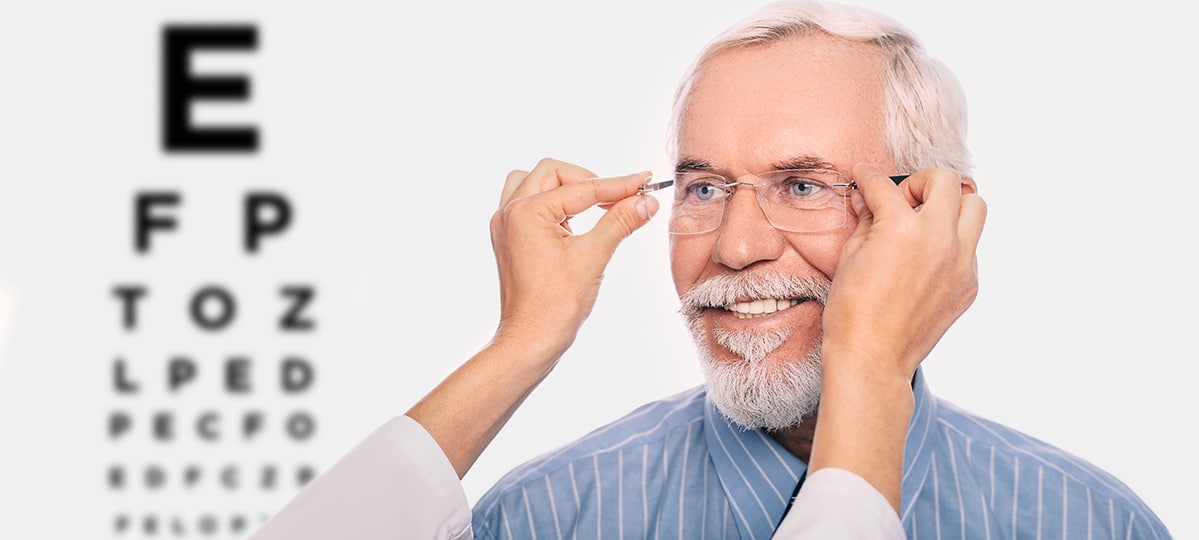Sitting by a lake with loved ones. Walking in the woods, far from pandemic worries. Enjoying a glass of sweet tea on the front porch. Summer can be all things bright and blissful.
Yet there’s a dark side to summer, too. As temperatures rise above 75 degrees, the number of emergency department (ED) visits for all ages jumps too, according to public health experts reporting in the journal Environmental Health Perspectives. However, seniors are susceptible to certain types of injuries and illnesses that strike or spike during the summer, say experts at the National Institute on Aging (NIA). These include:
- Car crashes
- Falls
- Fires
- Kidney disease
- Heart problems
- Asthma flare-ups
- COPD (chronic obstructive pulmonary disease) exacerbations
- Heat exhaustion and heat stroke
Seasonal factors that pose a risk to an aging brain and body include:
- More rapid dehydration
- Slippery surfaces
- Sun glare impeding vision
- Heat-induced slowed reaction time
In the event of an emergency, it is crucial to call 9-1-1 or press your Medical Alert help button and get to the emergency department immediately. While seniors are especially concerned about COVID-filled waiting rooms, emergency departments have well-established COVID protocols now.
Avoiding Common Hazards
Following are prevention tips for the most common hazards to be wary of, according to public health and NIA experts:
Car Accidents
Sun glare can add to any vision problems, medications can decrease alertness and the heat and aging process itself can slow reaction time and reflexes. All of this spells trouble on the road. To help prevent car accidents, get your vision checked, use your sun visor and ask your doctor about any medications that may alter your driving skills.
In addition, it is wise to have your driving skills checked by a driving rehabilitation specialist or occupational therapist, according to the NIA. Moreover, consider taking a defensive driving course, such as an AARP online course that may also lower your car insurance bill.
Falls
Warm weather factors such as greater outdoor activity, wearing sandals or flip-flops and slippery surfaces near pools or where water has been tracked inside all lead to increased falls among seniors. Indeed, about half of all falls occur outside for seniors, according to a study in BMC Geriatrics. Crossing a road, an uneven sidewalk and the curb are hot spots for seniors. While it is great to get outside and take a simple walk around the neighborhood, research shows that familiar territory can also lead to a lapse in attention to the ground. Keep an eye out wherever you walk and carry a walking stick if you take a hike through the woods or on an incline.
Proper footwear is also key. According to a new study in the Journal of the American Geriatrics Society, sneakers demonstrate the lowest risk of a fall. Going barefoot, either outside or inside, led to the highest risk of a fall. In another study of indoor falls reported in Footwear Science, wearing slippers or socks without shoes also led to more falls among seniors.
Wearing sneakers is ideal, but if you’re looking for sandals for the beach or poolside, be sure to choose a pair with a non-skid rubber sole and heavier straps that keep your foot in place. A study reported in the Industrial Health Journal found that a rubber sole with a patterned bottom shows especially good slip resistance. Wear these non-skid shoes in your home, too, since water is easily tracked into the home or becomes a challenge in the bathroom when people take more showers in hot weather.
If you are at risk of a fall, you may also consider investing in a Medical Alert system with a fall detection pendant. With this cutting-edge technology, if you fall and are unable to push your button, you can breathe easy knowing it will automatically contact an operator for you.†
Fires
Fires peak during the warm weather, according to the U.S. Fire Administration/National Fire Data Center. Barbecues, fireworks and more leisure cooking contribute to this trend. On top of that, hot weather can increase seniors’ tendency to be distractible and forgetful when they’re cooking or grilling. Diminished senses—touch, vision, hearing, and smell—can also delay reaction time and increase the risk of causing fires, according to the U.S. Fire Administration.
The U.S. Fire Administration provides the following tips to reduce risk:
- Stay a safe distance from the grill and keep towels and oven mitts far from the stove. Also, make sure sleeves and ties don’t dangle into the stove or grill.
- Never leave cooking food unattended. Check–and re-check–the stove, oven and grill to be sure you turned them off. Set your phone alarm to help you remember.
- Keep your grill clean.
- Routinely check your fire extinguisher, hose and smoke detectors.
- Don’t smoke.
- Ask an electrician to check the wiring in your house, especially if it is an older home, and have the electrician add an outlet rather than rely on extension cords.
Heat Stroke
Feeling thirsty, dizzy or weak are signs of heat exhaustion. In this state, your body can no longer keep itself cool and your heart races. Heat exhaustion in seniors can quickly advance to a heat stroke, which can be fatal. An underlying heart condition can also raise the risk of heatstroke because an impaired heart has trouble cooling the body. The first signs of heatstroke include confusion or agitation, nausea or fainting.
Drinking lots of water, staying in shaded areas and keeping your house cool are the mainstays of preventing heat exhaustion and heatstroke. Also, avoid exercise during the hottest part of the day, even if you think you can handle it. Avoid alcohol and ask your doctor whether any of your medicines may make you feel more overheated.
Kidney Disease
Urinary tract infections (UTI) and more severe kidney disease increase among seniors during the summer. Dehydration lowers blood pressure and decreases kidney function; and if heatstroke develops, kidney failure can occur. Call your doctor if you have symptoms of a UTI, including the persistent urge to urinate or a burning sensation during urination. Stay hydrated and avoid non-steroidal anti-inflammatory drugs like Aleve; during extreme heat, NSAIDs can lead to kidney failure if you have kidney problems.
Heart Disease
To cool your body, your heart has to beat faster and work harder. This leads to strain on the heart. “Hot, humid weather can be especially hard for people with heart disease. The combination of increased blood flow to the skin and dehydration may drop blood pressure enough to cause dizziness or falls,” say Harvard experts. Seniors with heart disease should check in with their doctor frequently.
Having a Medical Alert system—help at the push of a button–can be useful, too, since your condition can turn so quickly and lead to a fall or a serious heart event. Avoid exercise during the hottest part of the day, stay hydrated and indoors with air conditioning, take frequent cool showers, and use cool compresses.
Asthma & COPD Flare-ups
The heat and humidity, which concentrates on outdoor air pollutants, can trigger asthma or COPD flare-ups. Coughing or shortness of breath can signal the worsening of the disease—stay on top of your medication, keep in close touch with your doctor, and call 9-1-1 if you have chest pain or your lips turn blue. To help protect yourself from worsening disease, spend the hot part of the day in an air-conditioned home, stay hydrated, and check the outdoor air quality index where you live.



